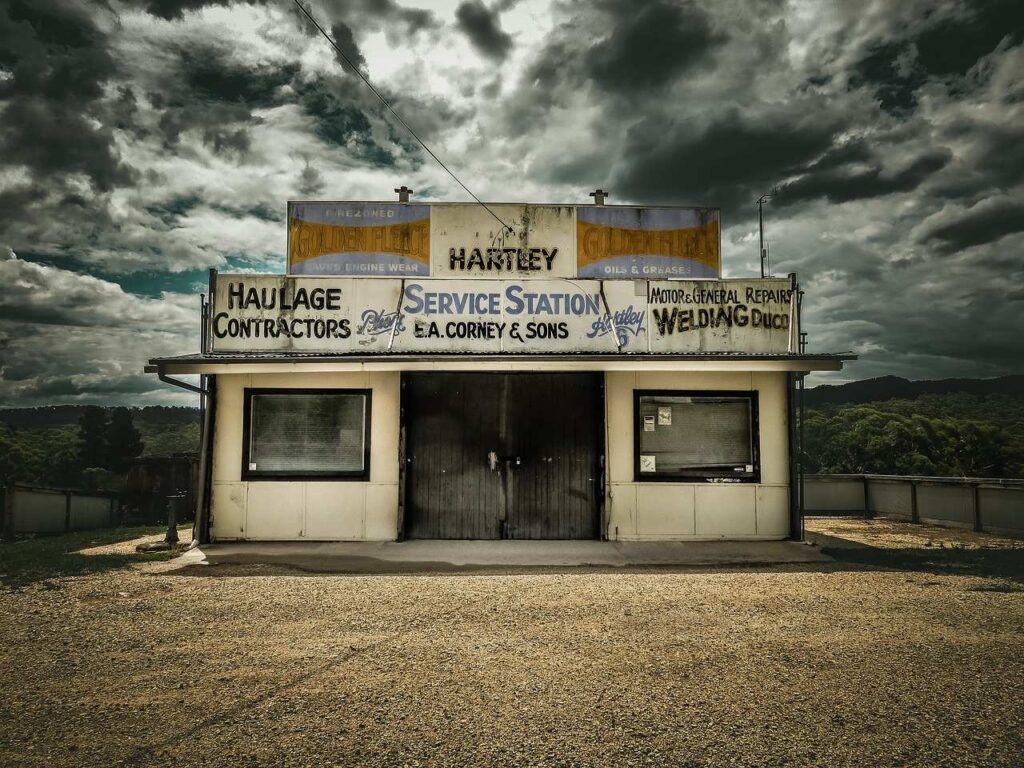We have all heard that the three most important elements for a new business to consider are location, location, location. Clearly, the statement demonstrates that one of the most critical decisions you can make is where to locate your business. However, many first-time entrepreneurs simply locate their business near their homes. They often choose low-cost space with little regard to other factors. This often leads to poor business success for a variety of reasons.
I was reminded of this important piece of advice when I was discussing Amazon’s decision to open up additional headquarters in Long Island City in New York and Crystal City near Washington, D.C. with a friend. My friend argued that Amazon must have received huge perks for locating in these cities with high rent and high labor costs. However, while many armchair entrepreneurs like my friend might speculate that incentives contributed most to Amazon decisions to choose these two cities with their high real estate prices and labor rates, I postulate there was a very different reason for Amazon choosing these locations. The answer I believe is simple and it involves industry clusters.
Sometime back, I was hired as the entrepreneurship director for a local community college. The position was funded by a grant from the non-profit Kauffman Foundation, which focuses on encouraging entrepreneurship. The Kauffman Foundation identified several indicators of entrepreneurial vibrancy in a city.
- Density – The number of new and young firms.
- Fluidity of Population – Labor market reallocation and number of high-growth firms.
- Connectivity – Network of entrepreneurship programs, spinoff companies, and dealmakers.
- Diversity – A diversity of specializations in multiple economic areas.
What I learned from my experience working with our local Chamber of Commerce and Economic Development Centers was how the above Kauffman list can be summarized as an industrial cluster. Successful cities are built around industry clusters which means that the city supports the infrastructure needs of a specific industry. For example, consider the following cities and what they are known for.
- Silicon Valley – High Tech
- Los Angeles – Film Production
- Austin – High Tech
- Detroit – Automobiles
- Boston – Medical
- Denver – Energy
- Houston – Oil
- New York – Finance, Fashion
To have a vibrant ecosystem a city needs to have a network of related business and that is what Amazon was looking for.
Vibrant entrepreneurial ecosystems built around an industry cluster attract people who want to work for and start new businesses in those industries. These clusters also attract larger companies to take advantage of the talent pool. As the cluster matures, employees leave their employer and start new businesses based on their extensive industry knowledge and relationship with their former employer’s, vendors, and customers and the ecosystem grows. This attracts investment and the cycle continues.
So how does this all relate to the small business entrepreneur?
Larger businesses locate in a specific area to take advantage of the richness of a targeted talent pool as well of related vendors. The Colorado front range where I live use to be a disk drive industry cluster. Companies like Digital Equipment Corporation, StorageTek and many others located their disk drive engineering and manufacturing facilities here. People like me quit their good paying corporate jobs to start our own business to support many of these disk drive businesses.
In my case, to achieve industry diversification, we opened up satellite offices in other cities with different industry clusters. We opened an office in Wisconsin and hired locally to get into industrial manufacturing with Manitowoc Crane, Kohler Power Generation, and Case/New Holland as clients. We opened an office in Dallas and hired local talent to get into the Telco industry with Nortel and Nokia as clients.
Therefore, the location you choose for your business should not be based on convenience for you the founder. The location should be based on your ability to attract and employ the right workforce and on the convenience of your customers.
Still not convinced? Consider why eating establishments cluster in a food court at the mall or why auto retailers cluster in one part of town. Their locations have nothing to do with the convenience of the founder and everything to do with the clustering of talent and the convenience of the principal customers.
Is your business location in a position to leverage local talent and is it convenient for your customers?












